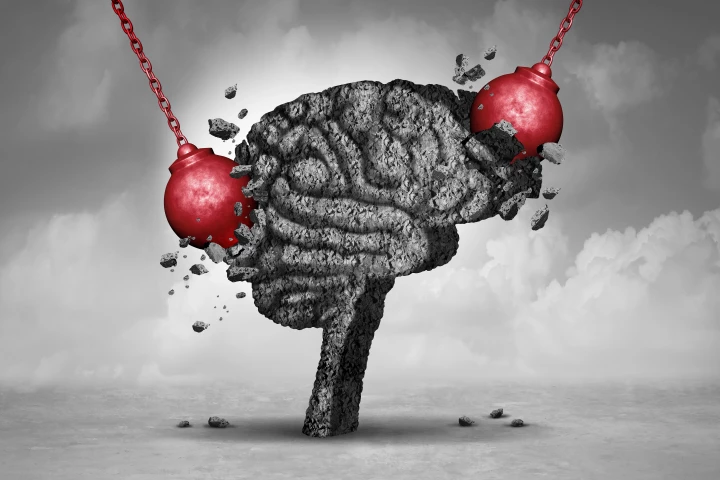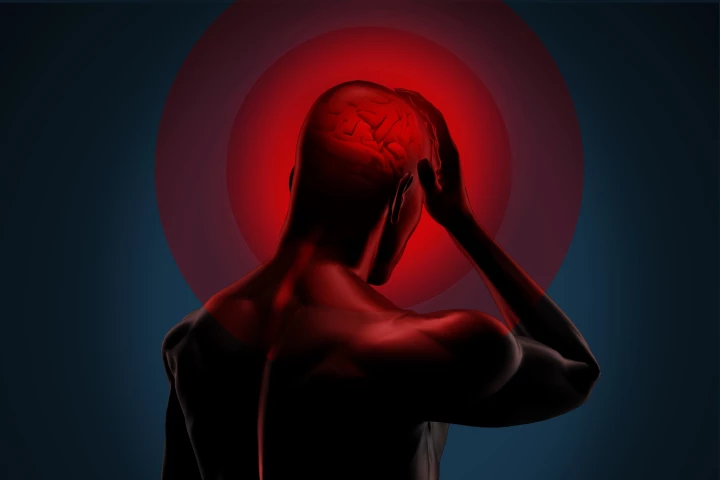migraines
-
A study has found people living with chronic pain tend to be more perfectionistic, less self-compassionate and – depending on the measure – less confident in their ability to cope. These traits may intensify suffering, but also point to new avenues for relief.
-
A current weight-loss and diabetes drug has become a surprise candidate for effective migraine treatment, with a new study showing that the GLP-1 receptor agonist provided significant relief to sufferers of these debilitating, severe headaches.
-
Older adults who are new to migraines are more than three times as likely to crash their motor vehicle in the first year after diagnosis than others. The findings highlight a new road risk for seniors who may benefit from counseling about safe driving.
-
A large study into the effectiveness of migraine medications has found that some well-established, cheaper medications are just as effective at preventing migraines as the first-line treatment or newer, more expensive drugs.
-
A new study has found that almost all blood-pressure-lowering medications reduce the number of headaches migraine sufferers have each month, providing a treatment option that is less expensive and more accessible than available migraine medications.
-
It’s long been thought that migraine and blood sugar level issues have been related, but now scientists have identified that they're genetically linked, opening the door for novel therapies and even prevention strategies for sufferers.
-
A study has shed important light on migraine development by leveraging cutting-edge imaging technology to gain a new perspective on structures in the brain, which revealed enlarged spaces around the blood vessels in people suffering the condition.
-
A massive international study designed to unearth new knowledge around the causes of migraines has turned up some interesting new insights, with the authors effectively tripling the number of known genetic risk factors for the condition.
-
In a new study, occipital nerve stimulation has been found to reduce the frequency and severity of headaches in patients suffering chronic cluster headaches, and the results suggest low doses of electrical stimulation are as effective as high doses.
-
New research suggests cannabis use can be linked to higher rates of "rebound headaches" in migraine sufferers. The research is observational and retrospective, but it is yet another finding questioning how helpful cannabis is for chronic migraine patients.
-
An exploratory study has found a single dose of the psychedelic psilocybin can reduce migraine frequency by 50 percent for a least two weeks. The preliminary trial was small but the promising findings suggest potential for psychedelics to treat migraines.
-
Three years ago, scientists from the University of Arizona reported that exposure to green light appeared to reduce neuropathic pain in rats. Now, the researchers believe that such light could also be used to treat migraine headaches in humans.
Load More











